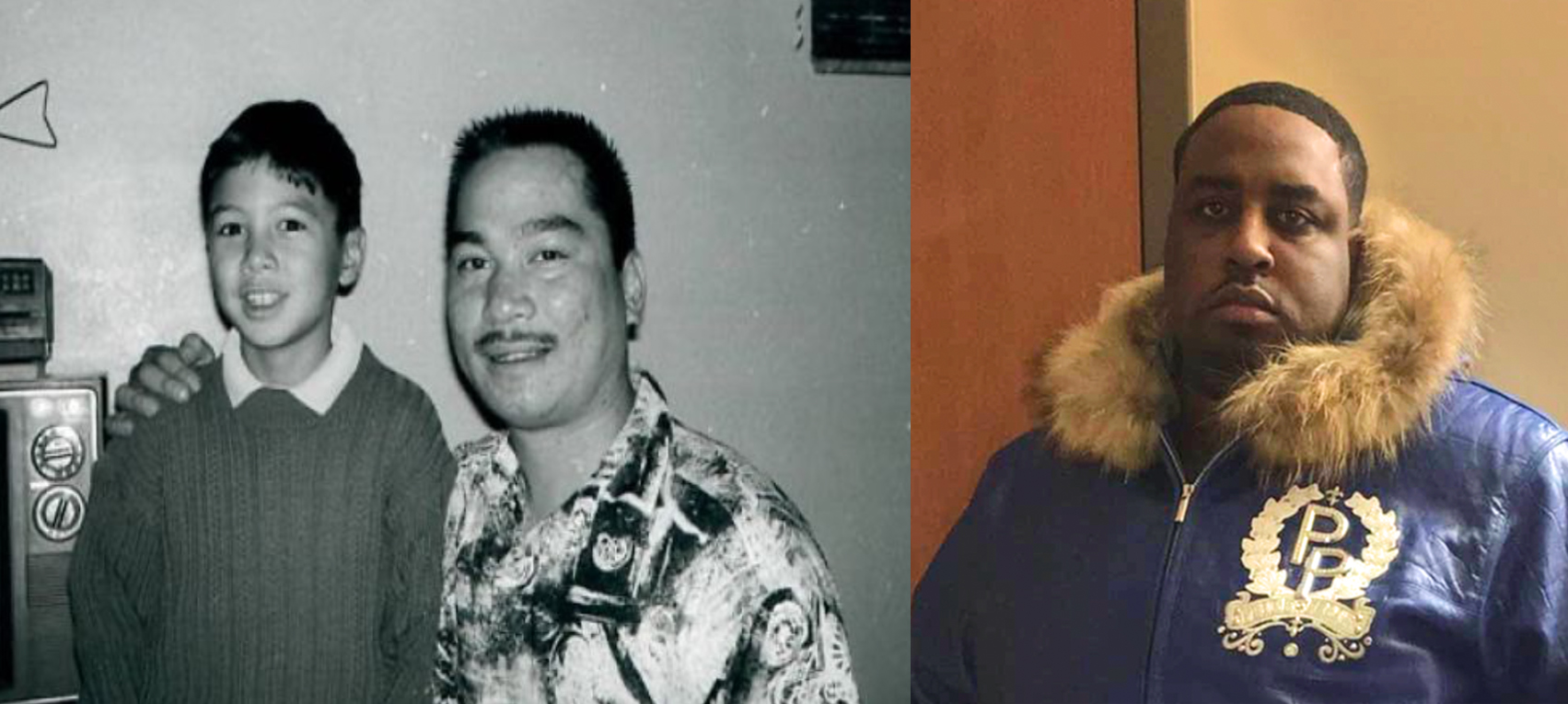
Courtesy of Eliza Kravitz
On Saturday afternoon, Mourning Our Losses, a national organization dedicated to honoring individuals who have died in prisons, held their second virtual vigil of the academic year in collaboration with the Yale Undergraduate Prison Project to remember the 2,875 individuals known to have died due to COVID-19 while living or working behind bars across the country.
Mourning Our Losses was born last spring “out of anger that governors, judges, and legislators throughout the nation have been willing to sacrifice the lives of people in confinement,” according to its website. At the vigil, those closely impacted by the subject matter — including family members of deceased incarcerated individuals — were given the chance to speak. The event also included a moment of silence and a reading of the names of 1,384 people who have died from all 50 states. However, according to people involved in Mourning Our Losses, these names compose only 46 percent of detention center deaths in the past year. The identities of the remaining 54 percent are unknown to the organization at this time.
“By remembering the lives of our neighbors, friends and family, we highlight the moral cost of mass incarceration, and protest the media narratives that reduce people to numbers or to a rap sheet,” event host Page Dukes said at the beginning of the vigil. “In our memorials, we honor people for who they were, without mentioning their conviction history.”
Michelle Alexander, known for her 2010 book “The New Jim Crow,” spoke at the vigil. She read a memorial for Anthony Cheek, the first known incarcerated person to die from COVID-19.
In the memorial, which was written by Mourning Our Losses’ Eliza Kravitz ’24, Alexander shared that Cheek was nearing the end of his sentence when he died and that his prison’s medical care was “woefully insufficient.” While imprisoned, Cheek was learning how to work with diesel engines, gearing up to enter the auto industry after his release in two years.
“With U.S. prisons on the brink of recognizing the explosion of COVID-19 cases in their midst, Anthony became the first incarcerated person in the nation known to die from the virus,” Alexander said during the vigil. “According to his mother, his death should have been prevented. Not only was it particularly heartbreaking because of the proximity to the end of his sentence, she said, but Anthony also had high blood pressure and diabetes, putting him at heightened risk for a severe case of COVID-19.”
At the event, Cassandra Greer-Lee spoke about her husband, Nickolas Lee, who also died of COVID-19 in a detention center.
Greer-Lee shared that her husband suffered for two weeks with COVID-19 — between March 29 and April 12, 2020 — before passing away. He was awaiting trial in the “unhealthy, overcrowded” Cook County Jail in Illinois. Greer-Lee made 132 phone calls to the sheriff’s office and to officials at Cook County regarding COVID-19 safety concerns in the jail, but was ignored time and time again, she said.
“I gave it my all to help my husband,” Greer-Lee said. “Nick was given a death sentence by the Cook County Jail. He never had a chance to go before a judge.”
Greer-Lee has spent her time since her husband’s death fighting to end mass incarceration. She said she will take any opportunity she can to share her husband’s story.
But as she deals with the grief and anger of her loss, she noted, Mourning Our Losses has been there for her.
“Every time I stand at a vigil, reality sets in that Nickolas will never, ever return to me,” she shared with attendees. “For so long after Nick passed, he was dehumanized, and when I find communities like Mourning Our Losses, it gives me strength to keep fighting, because you guys are standing with me.”
Andrew Kornfeld ’24 and Kravitz, who are both on leaves of absences and have been working with Mourning Our Losses full-time, worked to organize the vigil. Kornfeld, who also serves on the News’s Managing Board as an editor for WKND, emphasized that mass incarceration and its associated deaths are an ongoing issue.
“Originally, the title was going to be ‘Remembering a Year of Loss Behind Bars’ but we don’t want to make it seem like this is over because it’s not. People are still dying,” Kornfeld said. “Our organization is still getting messages every day that there are new deaths, and new people who have lost their lives.”
To continue their mission of honoring those who have lost their lives in prisons, Kornfeld and Kravitz told the News, Mourning Our Losses debuted a “Losses” page on their website. The page documents the several thousand individuals who have died in detention centers over the last year. It was published and announced on Saturday at the vigil.
The list contains people from each state but includes all deaths in the past year, not just those due explicitly to COVID-19. According to Kravitz, many deaths that weren’t technically labelled as COVID-19 diagnosis could be related to the virus since pre-existing conditions, mental health conditions, isolation and limited medical care were all exacerbated by the pandemic and could have contributed to these deaths.
“The other reason that we wanted to put them all out there is that we’re ultimately hoping to become an online memorial to honor the life of anyone who dies in prison, even beyond the pandemic,” Kravitz said.
Kornfeld and Kravitz told the News that when it comes to discussing those in prisons, dehumanization is a major concern. Language used to describe incarcerated people — like “felons” and “inmates” — and the omnipresent focus of the media on incarcerated individuals’ crimes of conviction contribute to the reduction of people to the crimes they committed.
Yale students participate in Mourning Our Losses through the Yale Undergraduate Prison Project’s Mourning Our Losses Direct Service Program.
Jordan Fitzgerald | jordan.fitzgerald@yale.edu
Owen Tucker-Smith | owen.tucker-smith@yale.edu
Correction, March 29: A previous version of this story misspelled Nickolas Lee’s first name in a quote from Greer-Lee. The story has been updated.









